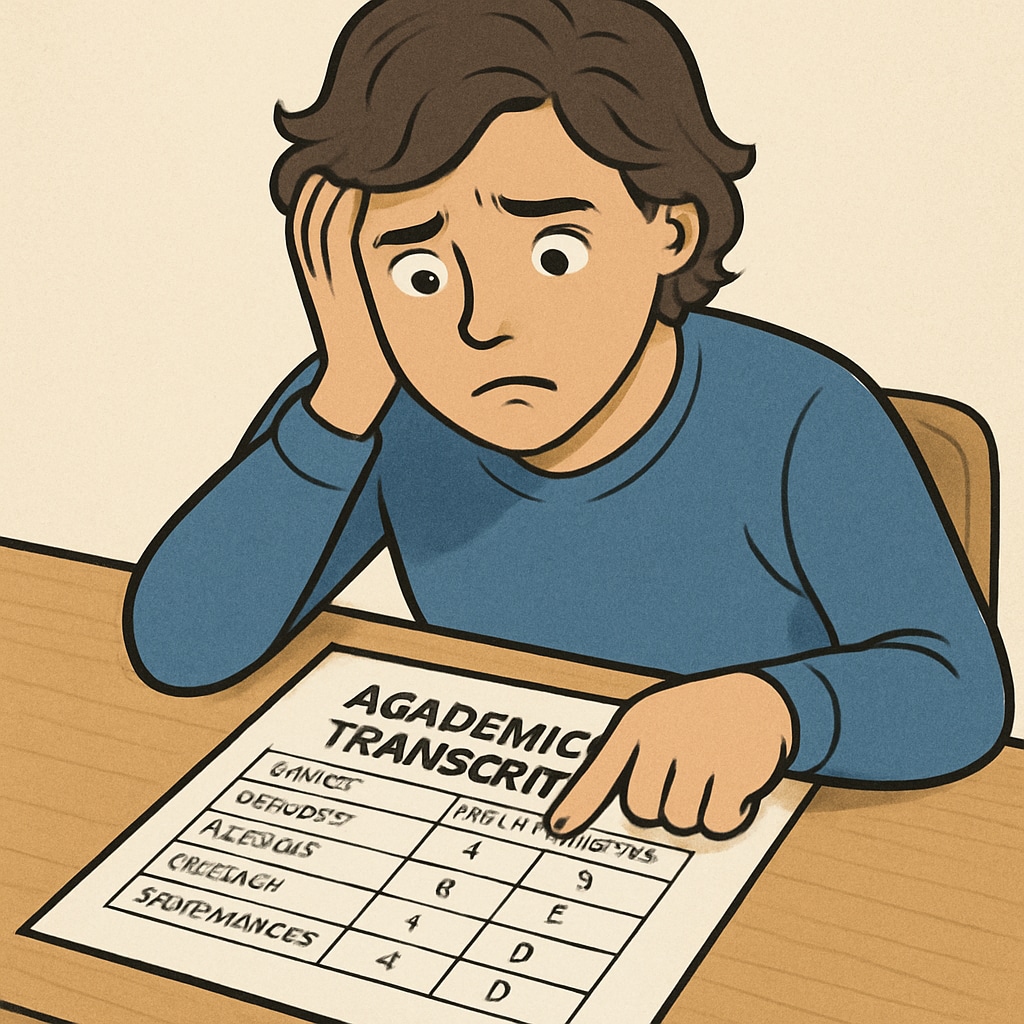When applying to prestigious institutions like Harvard University, many students worry about how a single low grade might affect their chances of admission. While it’s true that top-tier schools maintain high academic standards, a single blemish on your transcript might not be as damaging as you think. In this article, we’ll explore how admissions officers evaluate applicants holistically and provide actionable advice for addressing any academic shortcomings during your college application process.
How Admissions Officers Evaluate Academic Records
Harvard University, like many elite colleges, employs a holistic admissions process. This means that rather than focusing solely on grades, admissions committees look at a variety of factors, including extracurricular activities, personal essays, recommendation letters, and standardized test scores. A single low grade, especially if it’s an isolated incident, is unlikely to overshadow your overall achievements.
Admissions officers are particularly interested in your academic trajectory and the context surrounding your performance. For example, if your low grade occurred during a particularly challenging semester or due to extenuating circumstances, it’s important to explain this in your application. By doing so, you demonstrate resilience and the ability to overcome challenges.

Addressing Low Grades in Your Application
If you’re concerned about how a specific grade might be perceived, there are several ways to address it effectively:
- Provide context: Use the “Additional Information” section of your application to explain any circumstances that led to the low grade, such as illness, family issues, or other disruptions.
- Demonstrate improvement: Highlight how you rebounded in subsequent semesters, particularly in the same subject area. This shows a commitment to learning and growth.
- Focus on strengths: Emphasize your high performance in other subjects or areas, especially if they align with your intended major.
- Secure strong recommendations: Ask for letters of recommendation from teachers or mentors who can attest to your overall work ethic and capabilities, counterbalancing the impact of a single low grade.
By proactively addressing the issue, you can turn a potential weakness into an opportunity to showcase your character and determination.
Examples of Success Stories
Many students who were admitted to Ivy League schools, including Harvard, had imperfections on their transcripts. Take, for instance, a student who scored a C in an advanced math course but excelled in humanities and had a robust application overall. This student explained the challenges they faced in math, demonstrated their commitment to growth, and ultimately impressed admissions officers with their unique strengths and achievements.
These examples highlight that admissions committees are more interested in the story behind your grades than the grades themselves. Harvard values intellectual curiosity, leadership, and the ability to contribute meaningfully to its community.
Long-Term Perspective on Academic Imperfections
A low grade during your high school years does not define your academic or professional future. What matters more is how you respond to challenges and use them as learning opportunities. Admissions officers are skilled at distinguishing between a minor setback and a pattern of underperformance. Presenting yourself as a well-rounded, reflective, and resilient applicant is far more important than maintaining a perfect transcript.

In conclusion, while a low grade might initially feel like a major barrier to your Harvard dreams, it’s essential to remember that admissions decisions are based on a comprehensive evaluation of your entire application. By addressing the issue thoughtfully and emphasizing your strengths, you can still present yourself as a strong candidate for one of the world’s most prestigious universities.
Readability guidance: Use concise paragraphs, bullet points, and transitional phrases to maintain clarity. Avoid long sentences and focus on actionable advice for students navigating the admissions process.


